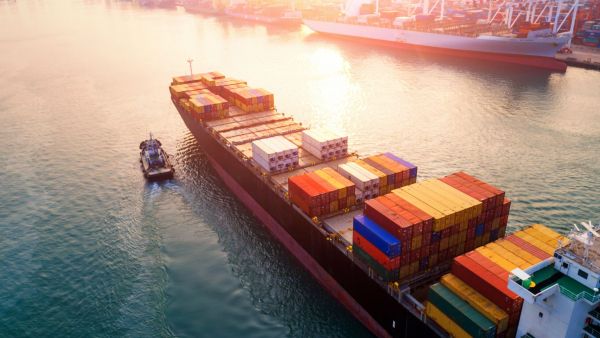Travel restrictions caused by the outbreak of the coronavirus pandemic have severely affected the tourism industry1, an industry which directly and indirectly employs 27 million people, thus contributing by 10.3% to the European GDP. Moreover, the tourism and travel sector plays a key role in leveraging efforts to preserve and promote the natural and cultural heritage of Europe.
A major economic player in of the EU economy, the sector is posed to suffer in the years to come, with the European Commission predicting the most radical and significant decline of the EU’s GDP since the foundation of the ESCS (European Coal and Steel Community).
While almost all sectors are affected in a profound way, the tourism and travel sectors have virtually come to a standstill. The situation has brought many companies to the brink of financial and economic collapse. It has left millions of passengers and consumers in uncertainty, left wondering whether they will be able to claim reimbursement for their cancelled travel or when and whether they will be able to go on holiday or visit their friends and family. Workers have lost their jobs with no foreseeable means of income.
The entire value chain of tourism industry is under distress. Tour operators, accommodation, the catering and restaurant industry, transport services, tourist’s guides, the exhibition sector as well as the recreational industry are only some of the branches in need of EU support. At the same time, the sector should also contribute to achieving the transition of the Union towards climate neutrality by 2050 at the latest and reversing biodiversity loss and degradation of the environment.










